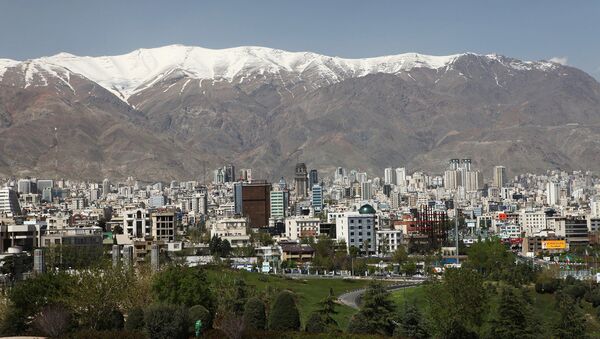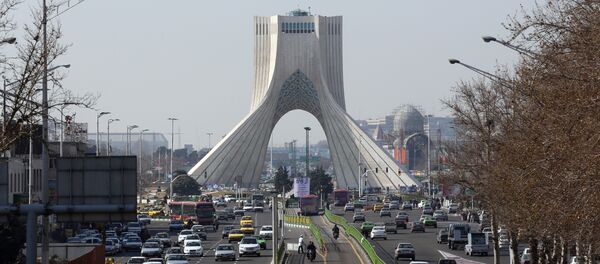Trump signed an executive order on Friday blocking all refugees from coming to the United States for 120 days and suspending entry for nationals of Iran, Iraq, Syria, Yemen, Sudan, Libya and Somalia for 90 days.
The order, aiming to boost the country's security, has sparked controversy around the world and led to multiple protests in the United States.
"Our response is this: we will not issue visas to Americans who want to visit Iran," Mohammad Javad Zarif said at a press conference alongside French Foreign Minister Jean-Marc Ayrault.
Zarif clarified that individual exceptions would be reviewed on a case-by-base basis.
"The first step was forming a committee comprising a number of organizations and the Ministry of Foreign Affairs," Ghasemi told reporters late on Monday, as quoted by the Mehr news agency, stressing that Iran had carefully considered the approaches and measures that the state should take following Washington’s order.
Ghasemi also expressed hope for the committee’s success in finding solutions to the situation.
On Saturday, the Iranian Foreign Ministry pledged to reciprocate the ban, however, the state's Foreign Minister Javad Zarif specified that Tehran's decision would not be retroactive and all US nationals with valid visas would still be welcome in Iran.


